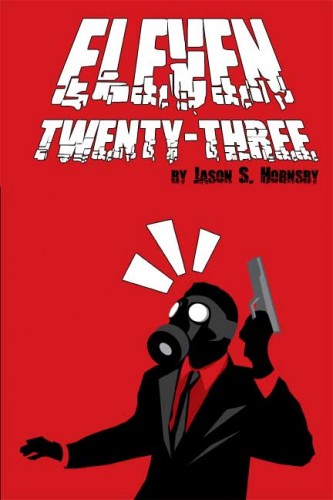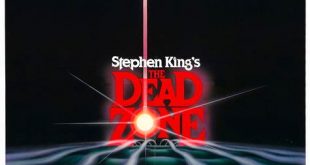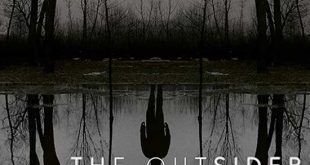“Lily’s End, which before this morning had not seen a murder in two years, suddenly embodies the tyranny of third world countries. A post-war wasteland. A curfew at sundown. The silent hillside following a suicidal battle where the victors lie in fly-covered heaps not far from the carcasses of the armies they’ve defeated. Less than an hour ago, it was simply a dull beach-town, a Norman Rockwell painting. It was a nice place to live. But now-
But now.”
Say what you will about Hornsby’s previous work, Every Sigh, the End, it elicited strong responses from those who read it. Either he was rubbing up against genius and revolutionizing the zombie novel or another angsty, whiny hack who added some zombies to his journal. In both cases, he came across as a tad pretentious. Now we have the follow-up, Eleven Twenty-Three, waiving its exposed member in our faces. Far from changing any opinions, it will solidify any opinion you may already have of the man as a writer and probably won’t win over anyone new.
Layne Prescott finally escaped his hometown of Lily’s End and the scandal that cost him his job as a high school teacher, but the death of his father pulls him right back in. Now, having been slipped an unidentified briefcase by a stranger, he finds that something has been happening to Lily’s End. The unexplained sicknesses, the bizarre overabundance of chem-trailss crisscrossingg the sky and the unbridled chaos and violence that erupts at every 11:23. Every way out of town is blockaded, all communication is cut off, strange messages flit across the TV screen and Layne knows that the residents of The End will all die without anyone knowing what happened to them.
Comparison’s to Stephen King’s Cell are unavoidable when dealing with a populace that flips into sudden bouts of murderous violence but, much like the zombies in Every Sigh…, the 11:23 phenomenon takes a back seat to the effect that it has upon the population and Layne’s dysfunctional and dwindling group of compatriots. If we are going to stick to King comparisons, this is more like Needful Things, with it’s depiction of a small town collapsing under the weight of fear and paranoia. In fact, the King comparison isn’t too far off (insult to the airport book that he may be), since Jason spends so much of the book settling the reader into the mind of the main character and the town itself before any real action occurs. Readers dependent on a faster dive into the action will hate this, but I found his patience in telling the story impressive.
A more apt comparisonthough, would be to Kiyoshi Kurosawa’s Kairo (known as “Pulse” in these parts, but please stick to the Japanese version). This is a novel about ghosts, both dead and alive, and the loneliness of the modern condition. The big difference between the two is that, while Kurosawa found the root of that loneliness in isolation born from the technology that supposedly makes us more connected, Hornsby finds it in the isolation of self absorption. Every character is surrounded, but constantly alone; never able to see or understand anything outside of themselves and, as such, unable to be understood.
As much as I enjoyed the book, Jason seems to have run into a Brett Easton Ellis-style rut. Just like Every Sigh, this is presented in first person from the point of view of an arrogant but defeated misanthrope. Few people have managed to capture the tone and overall emotional voice of my own generation this well, but it is getting to look a tad one-note. As I said in the beginning, this lack of variety and suppleness of style won’t change any existing opinions of his work. At least he managed to tone down the pretentiousness a bit and is allowing the story to stand more on it’s own merits, without as many literary tricks and gymnastics blocking the show this time
In The End (hardy har-har), Eleven Twenty-Three manages to raise some interesting questions beneath the superficial appeal to conspiracy nuts and the self-righteous. The slow, methodical pace was refreshing in a time where slam-bang is the rule and allowed the contemplative, empty air to breathe through the cobwebbed corners of my chest. While Jason is getting a bit repetitive in style and tone, it still holds up here. If he learns to branch out a bit more, he could be a force to reckon with but as it stands, I enjoyed myself with this one.
 Horror News | HNN Official Site | Horror Movies,Trailers, Reviews
Horror News | HNN Official Site | Horror Movies,Trailers, Reviews






